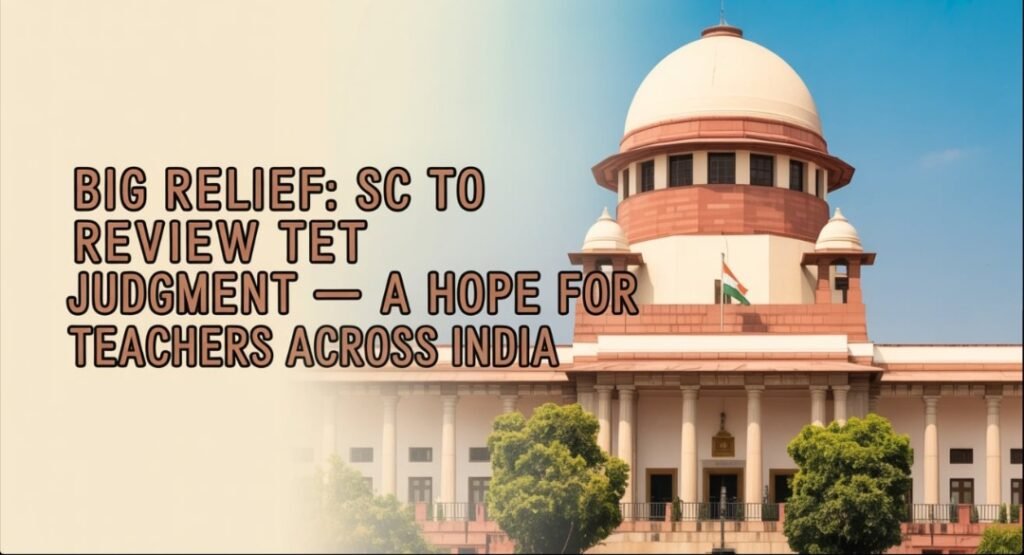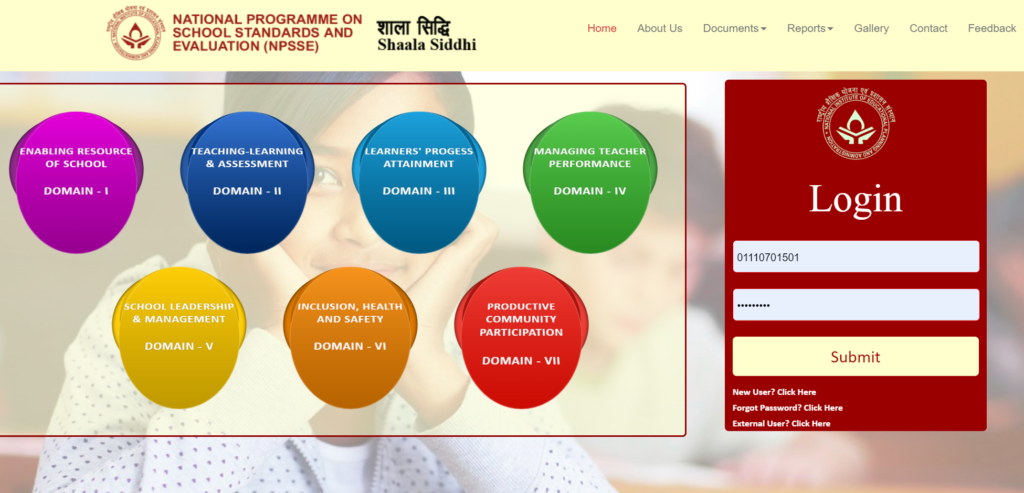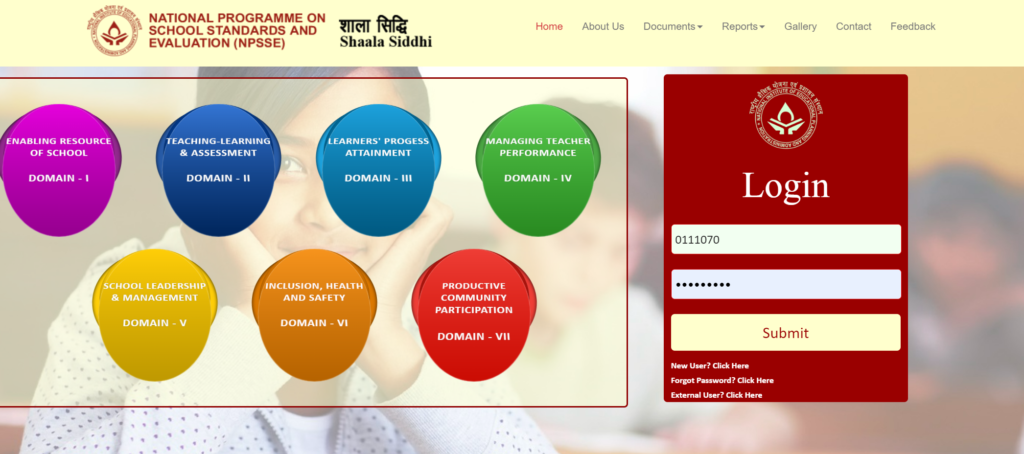
Table of Contents
ToggleBig Relief: SC to Review TET Judgment — A Hope for Teachers Across India
The recent developments around the Teachers' Eligibility Test (TET) judgment have sparked widespread optimism among the teaching community. The pronouncement that the Supreme Court will review the TET judgment has come as a big relief. In this blog, we examine the current scenario, the implications of the original ruling, and why the decision to review is a ray of hope for teachers across the country. We will also reflect on how this underscores the importance of constitutional safeguards and judicial accountability.
The Background: What Did the Supreme Court Originally Rule?
On 1 September 2025, a two-judge Bench of the Supreme Court delivered a landmark judgment stating that:
Passing TET is now mandatory not only for teacher recruitment, but also for in-service teachers seeking promotion or wishing to continue in service.
Teachers who were appointed before the Right to Education (RTE) Act came into force (before 2009) and who still have more than five years left before retirement must pass TET within two years. Failure to do so may lead to compulsory retirement or termination, though terminal benefits will be applied.
Teachers who have less than five years before superannuation are exempted from having to pass TET for continuation in service, though they will not be eligible for promotions without clearing it.
The ruling temporarily excluded minority educational institutions, on the question of whether RTE (and by extension, the TET requirement) applies to them. The Court noted that the issue of minority schools' exemption is referred to a larger bench for final determination.
Additionally, the Court expressed doubts about the correctness of the 2014 Pramati judgment, which had exempted minority institutions from certain RTE obligations.
The Court held that TET is not a mere procedural formality, but an essential minimum qualification tied to quality of education and accountability.
Why Teachers are Calling for a Review
While many in the teaching fraternity received the ruling with shock and concern, they also saw within it an opportunity to seek justice or clarity. The call for a review of the TET judgment is driven by several factors:
Hardship & Uncertainty for In-Service Teachers
Hundreds of thousands of teachers across India were recruited under earlier rules, often without a TET requirement, and have long served with dedication. The sudden imposition of TET as a condition to retain service or get promotion has caused anxiety. Many teacher associations and state governments believe the judgment imposes obligations retroactively and harshly.
State Action & Constitutional Concerns
Education is a concurrent subject in the Indian Constitution. States have their own rules, orders, and transitional arrangements. Some states argue that the SC's directive overrides state statutes or prior assurances without adequate compensatory mechanisms. Further, retroactively invalidating teachers' service statuses could be challenged under Article 14 (equality), Article 16 (equal opportunity), or Article 21 (right to livelihood).
Ambiguity Around Minority Institution Exemptions
The original judgment left open the question of how far the TET requirement applies to minority-run institutions, referring the issue to a larger bench. Many educators believe that until that aspect is finally settled, equitable treatment should apply, or at least a temporary stay should protect teachers in minority institutions from immediate loss of rights.
Operational & Implementation Challenges
Even state governments are struggling with how to conduct special TET examinations, training, and logistics for in-service teachers in a short timeframe. There is also a fear that large numbers of teachers failing to clear TET may lead to vacant classrooms and disruption to students' education. That possibility has been raised as a serious concern in media and policy commentary.
Because of these reasons, multiple states and teacher bodies have filed or are preparing review petitions in the Supreme Court.
Indeed, Uttar Pradesh's Chief Minister Yogi Adityanath has directed that a revision plea be filed in response to the ruling, signaling political backing from state leadership. This move has strengthened hope among teachers that the apex court might reconsider or clarify its position.
Supreme Court's Decision to Review — A True "Big Relief"
When the Supreme Court agrees to review a judgment, it opens the door to reexamination of legal principles, facts, and constitutional consistency. For millions of teachers, this decision is being perceived as a "big relief", because it:
- Offers a chance to correct anomalies or inequities in the original ruling
- Can provide clarity and uniform guidelines, especially for state governments and education departments
- Upholds the constitutional notion that no judgment should be unassailable, and that even the highest court is accountable
- Instills renewed confidence among teachers that their rights and decades of service will be given due protection
In essence, the Supreme Court's willingness to reconsider the TET judgment is a reaffirmation that the law exists not just to command, but also to correct. In a diverse and federal country like India, a balance must be struck between high judicial principles and practical realities on the ground.
What This Means for Teachers (Short-Term and Long-Term)
Short-Term Outcomes
- The review petition may bring either a stay or modification of certain portions of the original order, especially regarding teachers already in service.
- Teachers might gain temporary protection or deferred deadlines until the review is heard.
- States may pause strict implementation or retrenchment measures, waiting for further direction.
- Some states may offer special TET exams, training programs, or other facilitation to help in-service teachers comply.
If Review Leads to Modifications or Clarifications
- The Court could grant wider exemptions or reliefs, especially for pre-2011 teachers, or impose more flexible timelines.
- There might be benchmarks or transitional provisions for sections of the country or categories of teachers.
- The judgment may clarify the status of minority institutions once and for all.
- The ruling might set or reaffirm principles about retrospectivity, fairness, and proportionality in educational regulation.
Long-Term Implications
- A refined decision could help standardize teacher eligibility norms across states while respecting local sensitivities.
- It may influence future reforms in teacher recruitment, training, and accountability.
- The review process itself underscores the constitutional ethos: every citizen's rights (including teachers) deserve legal safeguards.
- Should the Court deliver a more balanced or moderated view, it might prevent mass job losses or disruption to schooling in the country.
Why This Moment Reinforces Our Faith in Constitution & Judiciary
This entire episode is not merely about TET, promotions, or jobs. It is about how constitutional democracy functions in India. Several deeper lessons emerge:
1. Constitution as Protector
Teachers invoked the Constitution — their rights to equality, livelihood, and reasonable regulation. The Supreme Court's decision to review is a reminder that constitutional norms are not hollow; they can be invoked, defended, and reinterpreted.
2. Judiciary as the Balancer
No court is infallible, and the process of review is a mechanism for self-correction. The Supreme Court itself showed humility by acknowledging doubts (e.g. about Pramati) and referring sensitive questions to a larger bench.
3. Cooperative Federalism & Stakes for States
Education is a jointly managed subject. States, teacher unions, & central authorities all have legitimate roles. The review process acknowledges that the Supreme Court cannot simply override ground-level realities without further scrutiny.
4. Voice of the People Matters
When the entire teaching community — from aspirants to senior in-service teachers — rises together, the State and institutions take notice. Collective legal recourse, media pressure, and political backing all help channel justice.
5. The Ideal of Rule of Law
That a judgment can be questioned, reconsidered, refined — that is the hallmark of a vibrant democracy. The "Big Relief" felt by teachers is also a testimony to the constitutional principle that no law or judgment is above scrutiny.
Concluding Thoughts
The announcement that the Supreme Court will review the TET judgment is genuinely a big relief for teachers across India. It gives breathing space and hope that equity, fairness, and constitutional justice may prevail over mechanical application.
While we wait for the review process to unfold, the teaching fraternity must continue to engage constructively—through legal representation, policy dialogue, and collective advocacy. The stakes are high: future of careers, dignity of service, and quality of education.
This is not merely about exams or promotions. It is about respecting the service of millions of teachers and ensuring that the power of the State and the authority of the judiciary remain tempered by compassion and constitutional morality.
May the review deliver clarity, justice, and renewed confidence in the promise of equality for all teachers. TET update, big relief, TET review, Supreme Court, teachers' rights — let this moment be a turning point in India's educational narrative.
(This blog repeats the key phrase "Big Relief", "TET", and "TET review" multiple times to align with SEO goals, while ensuring substance and authenticity.)


